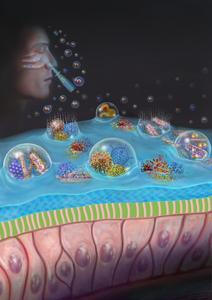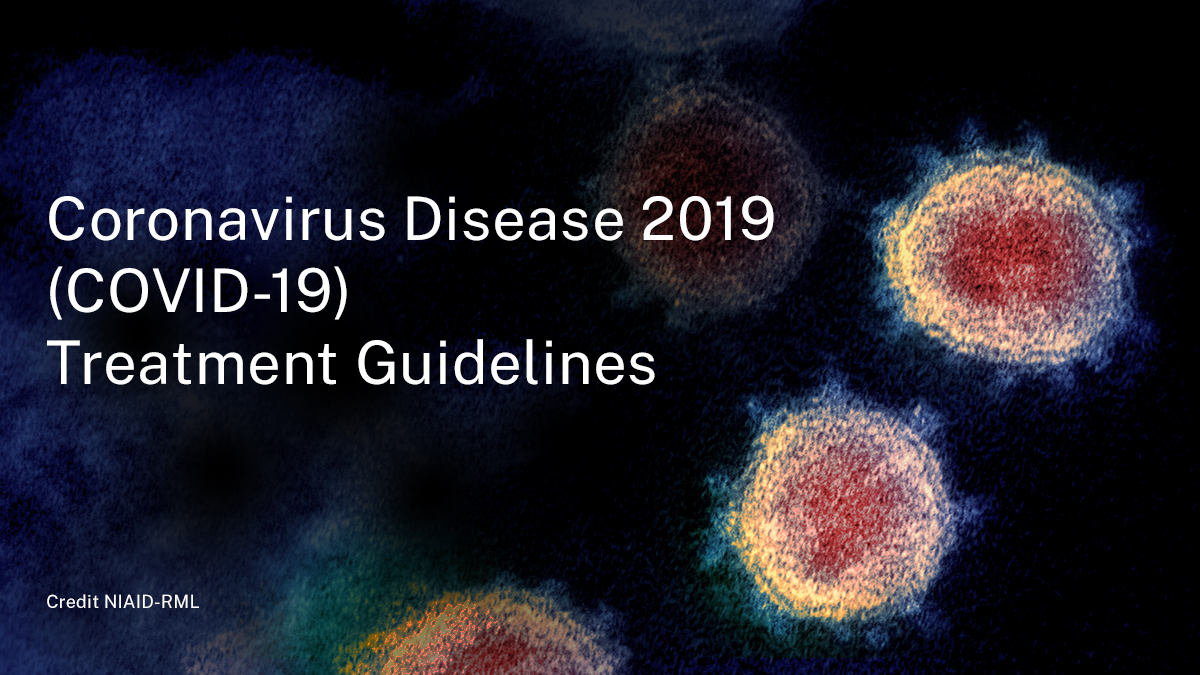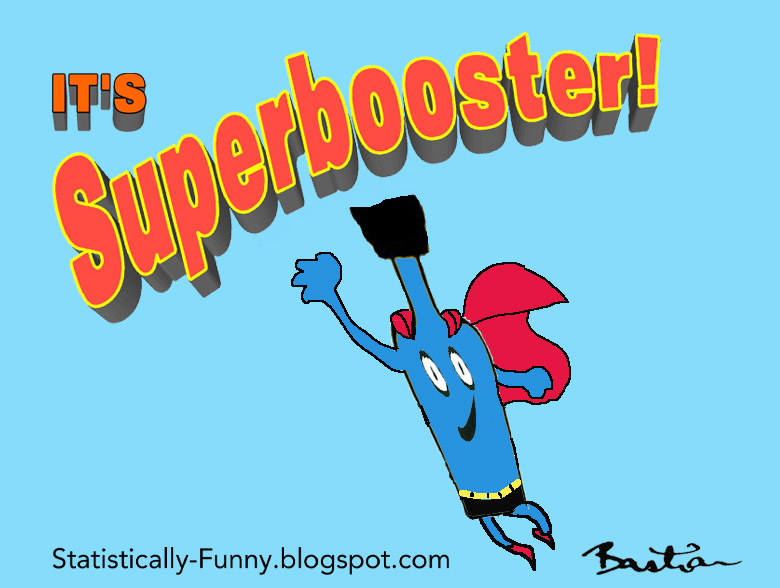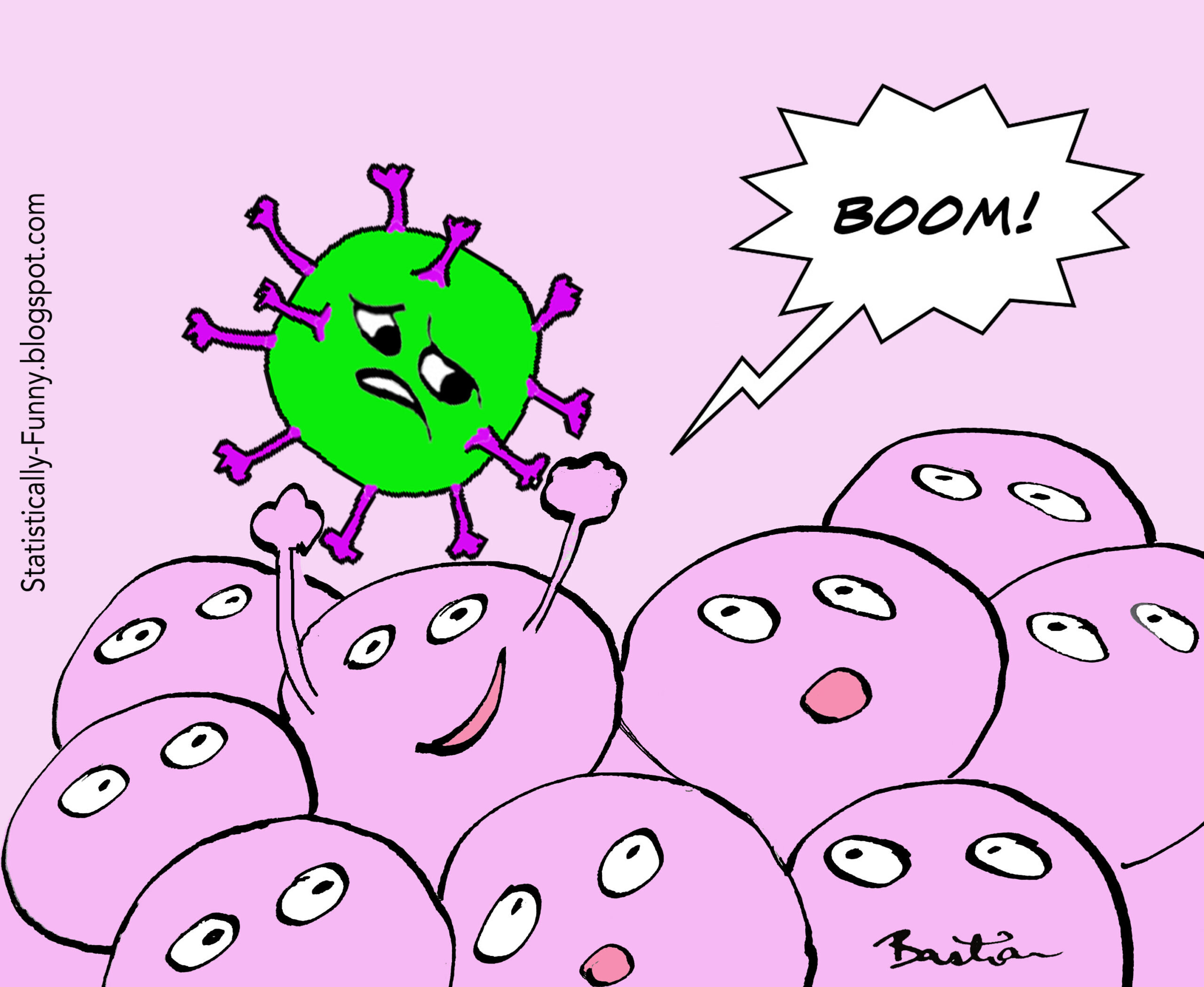

IMO it's unlikely they would mind, healthcare providers generally don't want to discourage you from seeking current or future treatment based on past frequency.
Also, prescriptions for non-controlled substances like metformin are typically good for a year, if all the refills on the prescription haven't been filled by that point.



















What you're looking for is version sort. Here's how
ls -1vsorts those files in the terminal, for example:Nemo might be able to support version sort by way of a plugin, but I have not found one. The
nnnCLI file manager supposedly supports version sort.